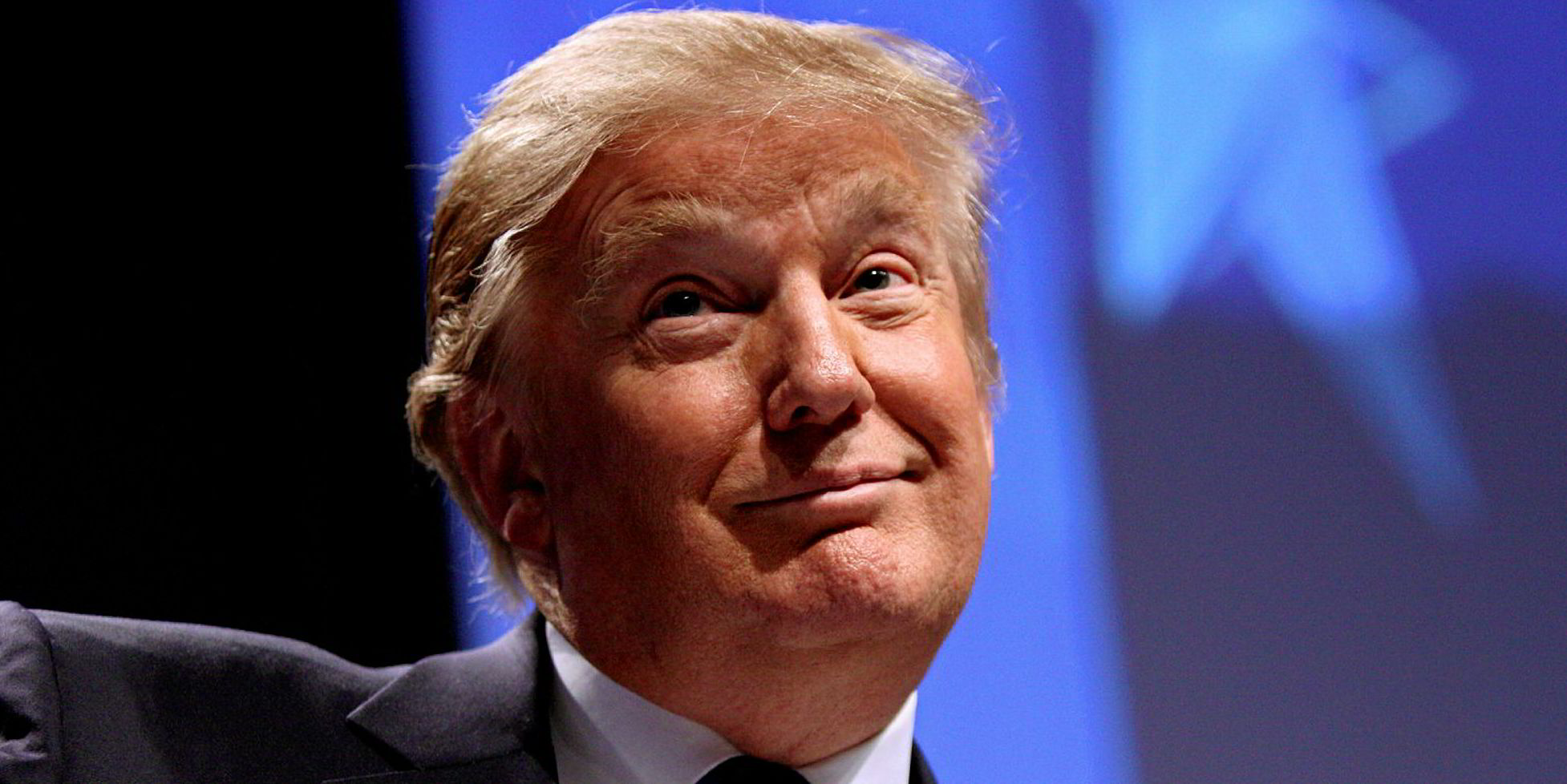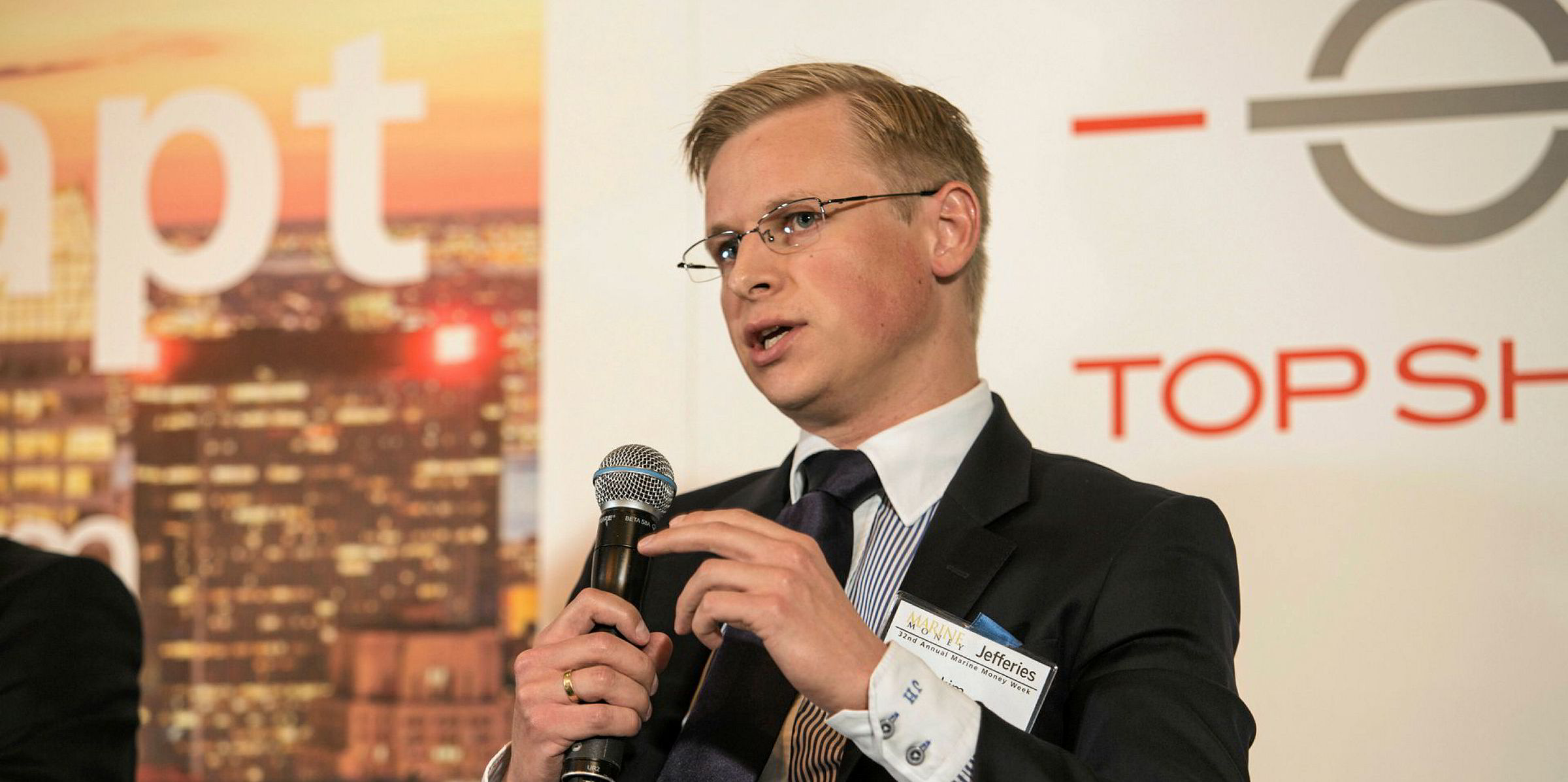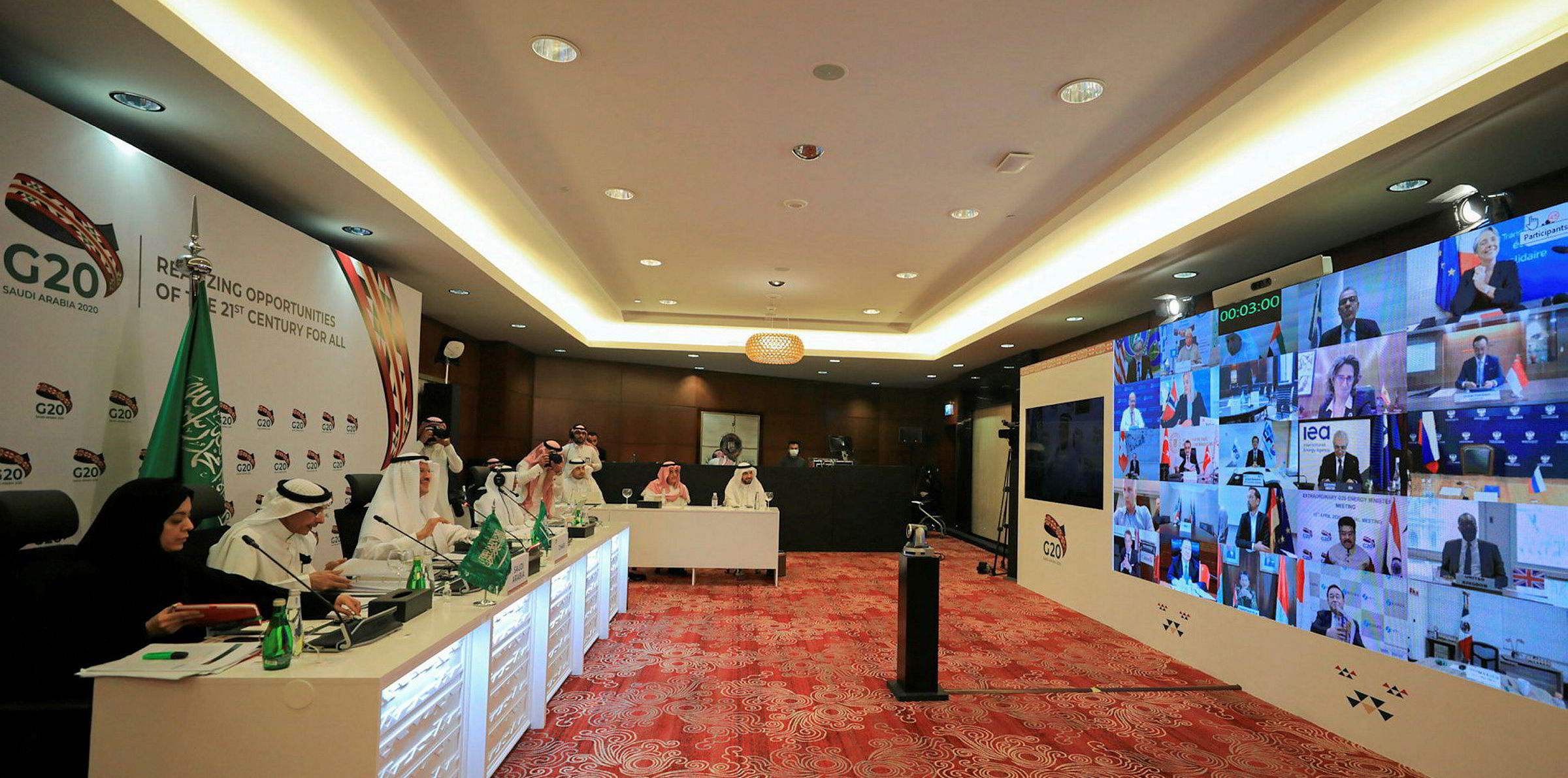The governments gave. And the governments have taken away. The failure of Opec+ to reach consensus over crude supply in early March led to a price war between Russia and Saudi Arabia, whose chartering spree helped boost VLCC earnings to nearly $250,000 per day.
But on 12 April, the world’s two largest oil exporters agreed with other Opec+ members on a historic supply cut of 9.7m barrels per day (bpd) for May and June, driven by the diplomatic efforts of US President Donald Trump.
With the coronavirus-triggered collapse in oil demand — as much as 27m bpd, according to Rystad Energy — in the second quarter, large quantities of excess crude still need to be stored at sea, and this supports tanker demand.
That said, many analysts have revised down their sector outlook. The floor for VLCC earnings is now between $50,000 and $80,000 per day, compared with average earnings of $200,000 per day over the past month, according to Stifel.
Tanker markets are generally expected to take a turn for the worse from July, with Cleaves Securities predicting average VLCC earnings of $15,000 per day in the second half.
Extraordinary volatility
Historically, tanker trade has been highly sensitive to oil supply deals and geopolitical events. Before teaming up with Russia and nine other producers, Opec’s inability to cut production in late 2014 resulted in a mini-boom for tanker owners in the next year.
But the market volatility since the fourth quarter of 2019 remains extraordinary.
The surge in spot VLCC earnings to nearly $300,000 per day in October was triggered by geopolitical tension in the Middle East at a time when US sanctions on Iran removed a significant portion of the tanker fleet from spot trading.
The misfortune of Cosco Shipping Energy Transportation, the Chinese state tanker giant that had 42 tankers sanctioned, was a lucky incident for other shipowners.
Once the sanctions were removed, VLCC earnings dipped below the cash break-even of $30,000 per day. Then came the Opec+ drama.
Data from the Baltic Exchange showed a gradual increase in trading volume of forward freight agreements (FFA) this year, with the market roller coaster drawing hedgers and speculators alike.
This has probably given those in the FFA trades — which function like a financial market — a greater power in leading the direction of physical trade, which is now reacting to oil news headlines at an even quicker pace.
However, it would be wrong to conclude that tanker owners are victims of geopolitics. In fact, far from it.
Even if the market conditions were to become dismal later this year, the strong first half will probably ensure most players have a profitable 2020.
This is no small feat, considering that the global economy is expected to contract by 3% this year, the worst since the Great Depression in the 1930s, according to the International Monetary Fund.

As shipowners enjoy strong cash flows and spot brokers handsome commissions, the International Labour Organization estimated 195m full-time workers face potential job losses during the coronavirus pandemic.
Much of the tanker sector’s fortunes are self-made, as limited newbuilding deliveries have in effect provided a high floor for vessel earnings regardless of external events.
Clarksons data shows the orderbook accounts for 7.32% of the existing VLCC fleet, while the figure for suezmaxes is 11% and for aframaxes 7.71%. Newbuildings make up 6.47% of the product tanker fleet. All readings are close to their lowest since the 1990s.
Rare collective prudence
Many investors have shied away from newbuilding orders since 2018 due to financing constraints and regulatory uncertainty.
The falling number of vessels under construction has reflected collective prudence shown by tanker players, a rarity in a highly fragmented industry.
Some shipowners may complain that the slow process of the IMO in finalising decarbonisation regulations is keeping newbuilding investors away.
Nevertheless, the industry is benefiting from the low fleet growth, even though it was not the regulator’s intention.
Outside of shipowners’ control, geopolitical events will continue to evolve.
The pandemic is still not under control, and the deteriorating bilateral relations between China and the US — two of the most important tanker markets — may create even more “black swan” events.
Tanker owners would not be able to foretell how those would affect freight markets, even as the constrained orderbook would support earnings.
In one of the worst years in modern economic history, sitting back and enjoying the ride may be the best strategy for them.






